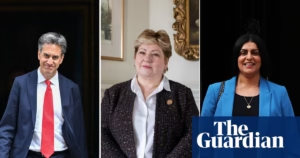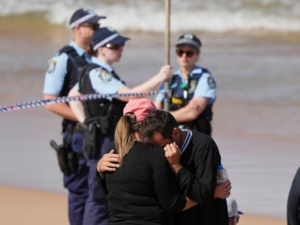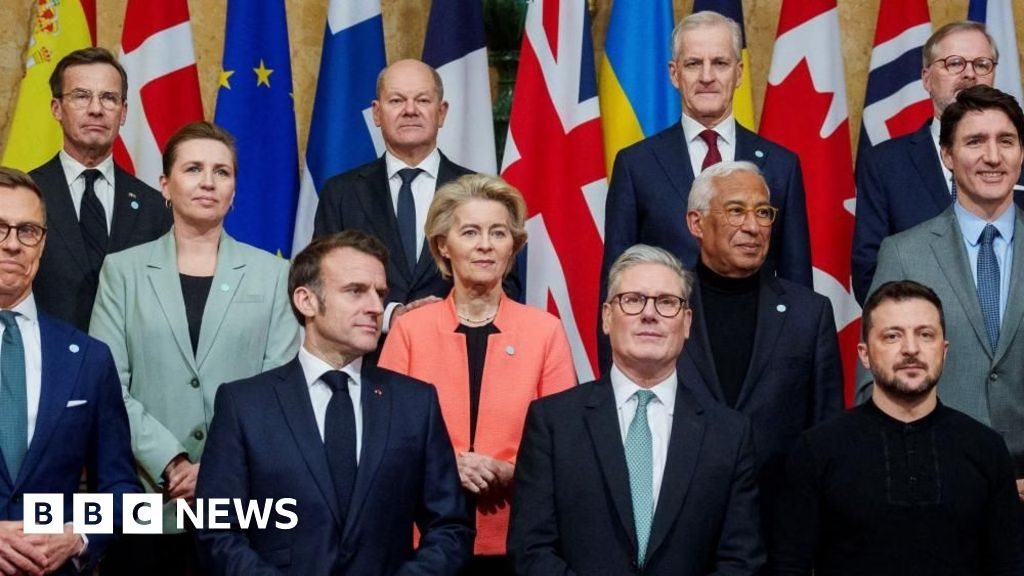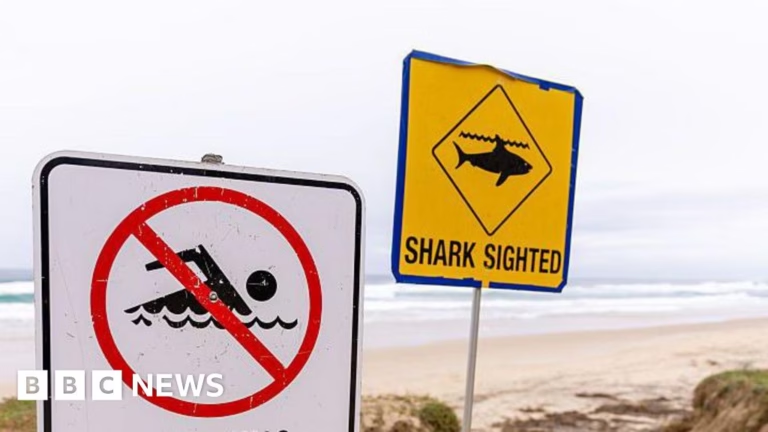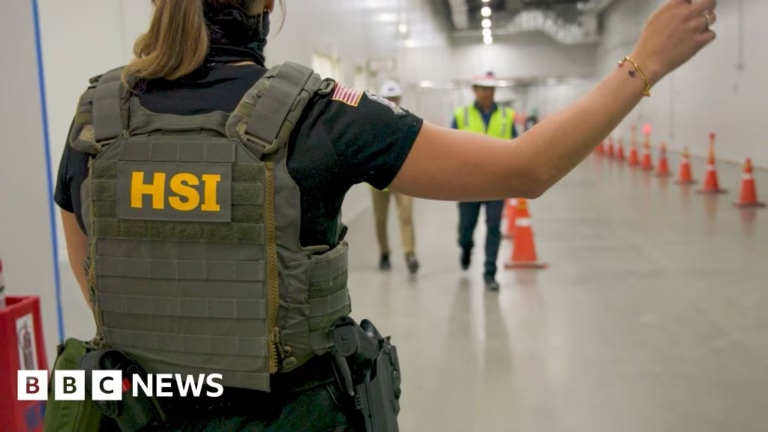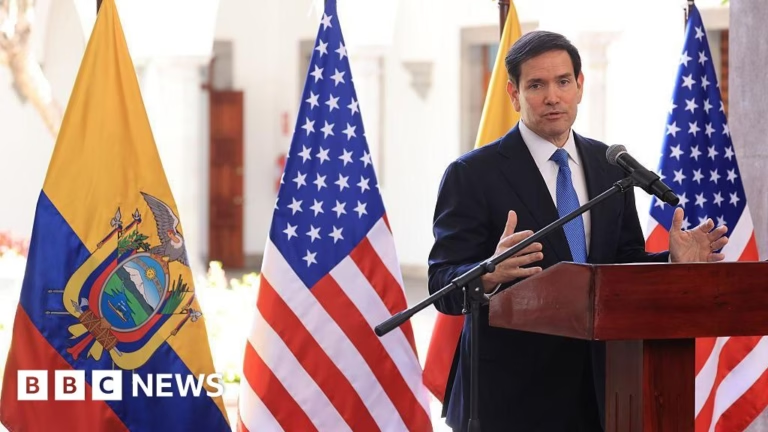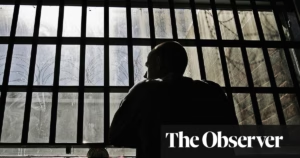The UK Prime Minister, Sir Keir Starmer, acknowledges significant progress since his “coalition of the willing” initiative emerged from the Lancaster House summit. Notably, US-Ukraine relations have seen dramatic shifts, crowned by the Riyadh meeting, where both sides agreed to a 30-day ceasefire. Despite these developments, Starmer’s coalition remains a broad, somewhat undefined effort, requiring substantial work to address complex and potentially dangerous challenges, such as peacekeeping in Ukraine.
During a virtual summit, participants agreed to maintain military support for Ukraine and increase economic pressure on Russia to undermine President Vladimir Putin’s military capabilities. The planning phase is shifting into an operational stage, involving military leaders meeting in the UK. Starmer emphasizes the success in gathering political and military support, suggesting a series of gatherings to advance the plan.
However, challenges persist. Starmer states that the US stance on providing military support for any European-led operation has not changed, a critical factor for the coalition’s progress. National security advisors, including those who convinced Ukraine’s President Volodymyr Zelensky to consider the US ceasefire proposal, met in Washington to discuss this “backstop.” Without a change in the US position, particularly regarding President Donald Trump’s stance, Starmer’s coalition faces significant obstacles.
The urgency is heightened for Zelensky, with Ukrainian forces occupying a shrinking slice of Russian territory in Kursk since August 2024. Despite vehement denials of being surrounded, Ukrainian forces are under immense pressure and losing ground. Ukrainian officials have mentioned this territory as a potential bargaining chip in future negotiations, but Putin’s refusal to consider it in ceasefire discussions suggests he is keen to eliminate this option.
Source: https://www.bbc.com/news/articles/clyzgr5xgv6o
